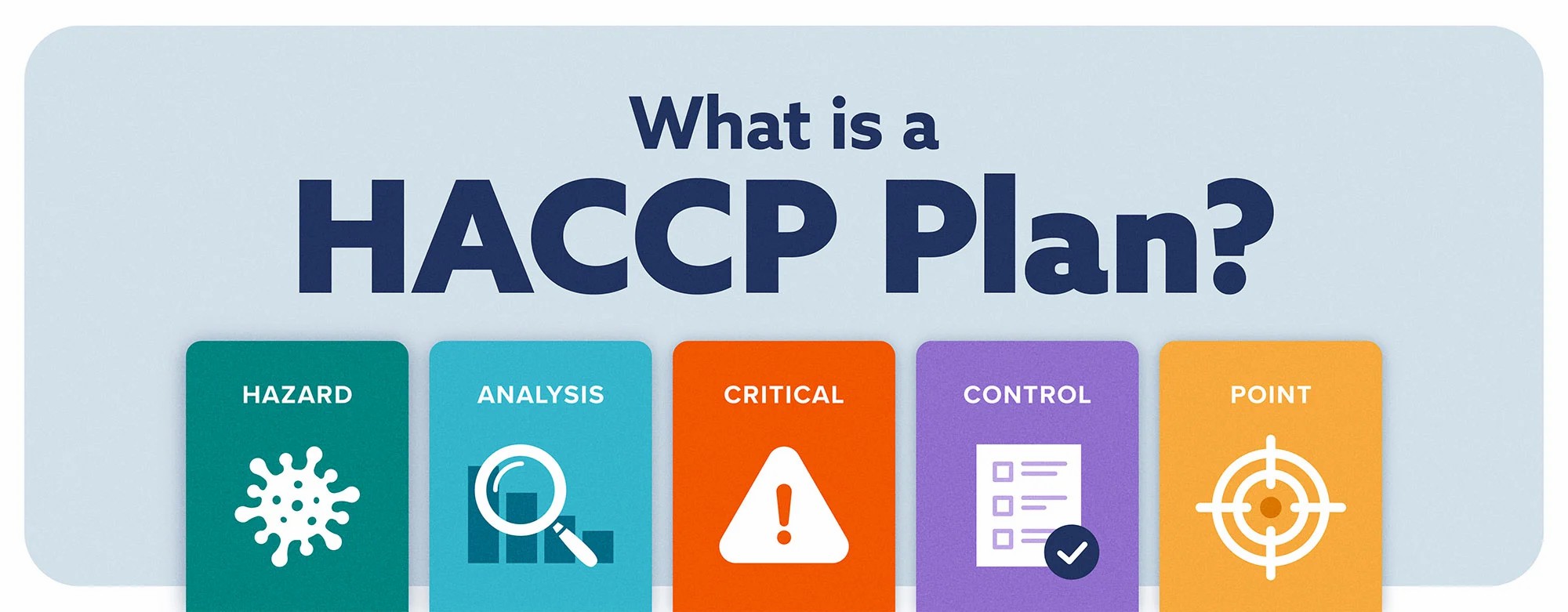


 349,500 Offered Certificates
349,500 Offered Certificates
 24/7 Online Training
24/7 Online Training
 Money Back Guarantee
Money Back Guarantee
 Fully Accredited Courses
Fully Accredited Courses

Created at: 26-02-2025 11:36
In the bustling food landscape of Ireland, where culinary excellence meets a rich agricultural heritage, food safety is paramount. For restaurant owners, catering professionals, and food manufacturers in cities like Dublin, Cork, Galway, Limerick, Waterford, and Belfast, implementing Hazard Analysis and Critical Control Points (HACCP) training is not just beneficial; it is essential for compliance with food safety standards.
HACCP is a systematic approach to food safety that focuses on preventing hazards rather than relying solely on end-product testing. It revolves around seven core principles:
In Ireland, food safety laws are stringent, emphasizing the necessity for HACCP training and certification across the food industry. HACCP training equips food safety managers and staff with the knowledge to identify potential hazards and implement controls effectively. Failure to comply can lead to severe legal consequences, including fines and business closure.
The Food Safety Authority of Ireland (FSAI) mandates that food businesses implement HACCP principles to ensure food safety. Restaurants, catering services, and food manufactures must:
Compliance strategies include regular risk assessments, staff training, and documentation to show adherence to safety standards.
Obtaining a HACCP certification demonstrates a commitment to food safety, enhancing your business's reputation and consumer trust. HACCP certification helps:
Achieving HACCP certification involves several key steps:
As the demand for flexibility rises, many food business owners are turning to online HACCP training. Online HACCP courses offer a convenient way to train staff without disrupting operations. However, in-person training can provide interactive elements that enhance learning. Business owners should assess their operational needs and employee preferences when choosing between online and in-person training.
Common violations that can lead to non-compliance include:
To prevent these issues, businesses should invest in ongoing training and maintain open lines of communication regarding food safety practices.
Compliance with HACCP standards not only protects public health but also significantly enhances your business reputation. Customers are increasingly aware of food safety issues, and demonstrating a commitment to HACCP can set your establishment apart from competitors. Building customer trust through HACCP compliance leads to increased patronage and loyalty.
Regular HACCP audits are crucial for maintaining compliance and identifying areas for improvement. A thorough audit should include:
Following the audit, it’s essential to address any findings promptly to ensure continuous compliance and enhance food safety practices.
In conclusion, HACCP training and certification are vital for food businesses in Ireland. Not only do they ensure compliance with legal requirements, but they also play a crucial role in preventing food contamination, protecting public health, and enhancing your business’s reputation. If you’re ready to take the next step toward securing your food safety compliance, consider enrolling in our HACCP Training Course today!
For more information or to register, contact us at [email protected].